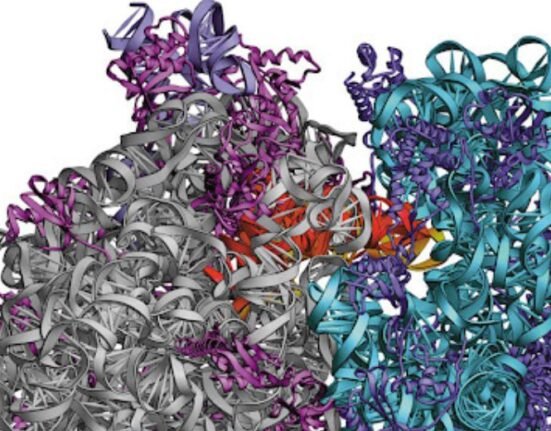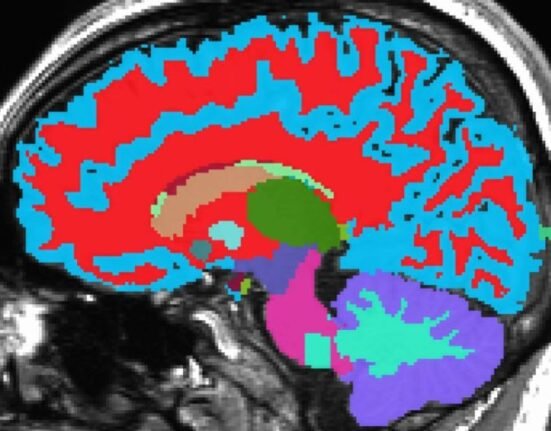HQ Team
June 25, 2024: About 400 million people globally live with alcohol and drug use disorders and of the total, 209 million people have alcohol dependence, according to a World Health Organization report.
Alcohol consumption claimed 2.6 million lives a year, accounting for 4.7% of all deaths and 0.6 million deaths were due to psychoactive drug use. A majority, or two million people who died in 2019, were men.
The ‘WHO’s Global Status Report on Alcohol and Health and Treatment of Substance Use Disorders’ was based on 2019 global data.
Despite some reduction in the alcohol-related death rates since 2010, the overall number of deaths due to alcohol consumption remains “unacceptably high” — with the highest numbers in the European Region and the African region.
The death rates due to alcohol consumption per litre of alcohol consumed were highest in low-income countries and lowest in high-income countries.
Young people
The highest proportion (13%) of alcohol-attributable deaths in 2019 were among young people aged 20–39 years.
Of all deaths attributable to alcohol in 2019, an estimated 1.6 million deaths were from noncommunicable diseases, including 474,000 deaths from cardiovascular diseases and 401,000 from cancer.
About 724,000 deaths were due to injuries, such as those from traffic crashes, self-harm and interpersonal violence.
Another 284,000 deaths were linked to communicable diseases. For example, alcohol consumption has been shown to increase the risk of HIV transmission resulting from an increased risk of unprotected sex and increasing the risk of TB infection and mortality by suppressing a wide range of immune responses.
Total alcohol per capita consumption in the world population decreased slightly from 5.7 litres in 2010 to 5.5 litres in 2019. The highest levels of per capita consumption in 2019 were observed in the WHO European Region (9.2 litres) and the Region of Americas (7.5 litres).
Heavy episodic drinking
In 2019, 38% of current drinkers had engaged in heavy episodic drinking, defined as consuming at least 60g of pure alcohol on one or more occasions in the preceding month.
That works out roughly to an equivalent of four or five glasses of wine, bottles of beer or servings of spirits. Continuous heavy drinking was highly prevalent among men.
“Substance use severely harms individual health, increasing the risk of chronic diseases, and mental health conditions, and tragically resulting in millions of preventable deaths every year. It places a heavy burden on families and communities, increasing exposure to accidents, injuries, and violence,” said Dr Tedros Adhanom Ghebreyesus, WHO Director-General.
“To build a healthier, more equitable society, we must urgently commit to bold actions that reduce the negative health and social consequences of alcohol consumption and make treatment for substance use disorders accessible and affordable.”
Globally, 23.5% of all 15–19-year-olds were current drinkers. Rates of current drinking were highest among 15–19-year-olds in the European region (45.9%) followed by the Americas (43.9%).
Improving access, treatment
The report called for an urgent need to accelerate actions globally towards achieving Sustainable Development Goal (SDG) target 3.5 by 2030 by reducing alcohol and drug consumption and improving access to quality treatment for substance use disorders.
The WHO Global Survey on Progress with SDG target 3.5 was conducted in 2019-2020. Out of 194 WHO Member States, 154 (79.4%) responded to the survey.
The WHO Global Action Plan for Alcohol 2022-2030 is a comprehensive plan to further guide the implementation of the 2010 WHO Global Strategy to reduce the harmful use of alcohol aimed at reducing alcohol-related harms worldwide.








